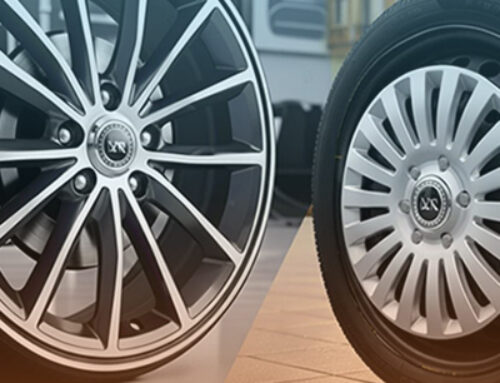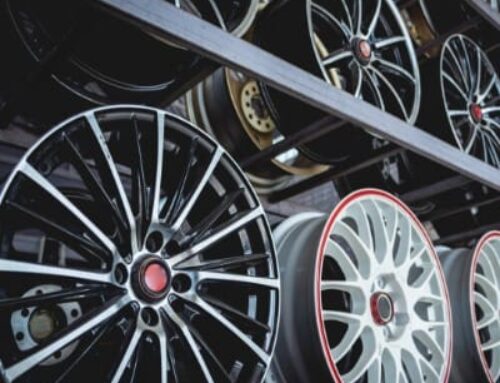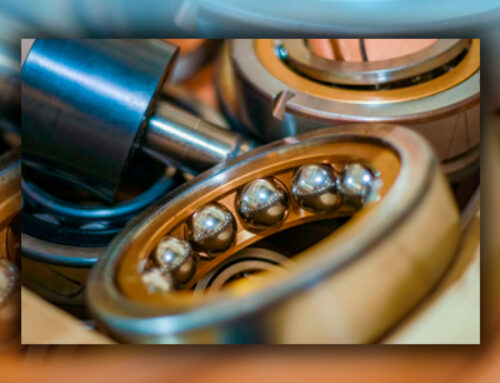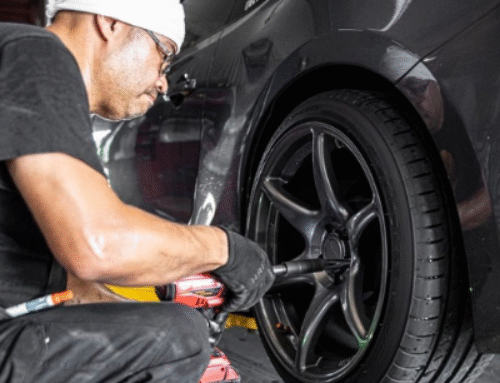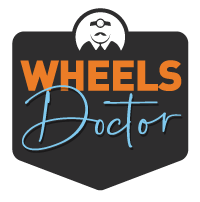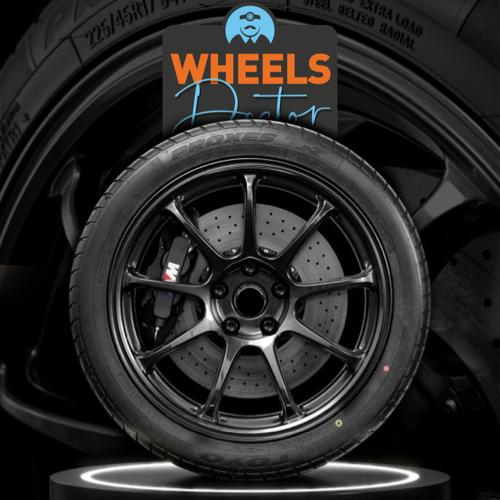
What Rims Will Fit My Car?
Choosing the perfect rims for your vehicle can feel overwhelming. With countless styles, sizes, and specifications on the market, it’s not always easy to answer the question: What Rims Will Fit My Car? The good news is, once you understand a few key details, finding the right fit becomes much simpler—and we’re here to guide you through the process.
1. Understanding Rim Size
Rim size isn’t just about looks—it directly affects your car’s safety, handling, and performance. To determine your exact rim size:
-
Check your owner’s manual or the label inside the driver’s side door jamb.
-
Take note of the diameter, width, and offset of your current rims.
-
Remember that the wrong size can cause clearance problems, tire wear, and safety risks.
2. Upsizing or Downsizing Rims
Some drivers choose larger rims for a sportier, more aggressive appearance. Others prefer smaller rims for a smoother ride and lower tire costs.
-
Upsizing: Can improve handling and aesthetics but may reduce ride comfort.
-
Downsizing: Offers better comfort and more affordable tires, especially for winter driving.
The key is finding the right balance between style and performance.
3. Compatibility and Fitment
Before you purchase, make sure your rims match these specifications:
-
Bolt pattern – Must align with your vehicle’s wheel hub.
-
Offset – Determines how far the rim sits inward or outward.
-
Center bore size – Should fit your vehicle’s hub exactly.
-
Load rating – Ensures the rims can handle your car’s weight safely.
A trusted wheel specialist can verify these measurements and prevent costly fitment mistakes.
4. Choosing Your Style
Rims come in an endless variety of finishes, materials, and spoke designs. Consider:
-
The make and model of your car.
-
Whether you prefer classic elegance or modern sportiness.
-
The driving conditions you face—urban streets, highways, or off-road terrain.
Frequently Asked Questions: What Rims Will Fit My Car?
✅ How do I know if rims will fit my car?
➡️ Check your car’s bolt pattern, rim size, offset, and center bore. Compare these specs with the rims you want to buy.
✅ Can I put bigger rims on my car?
➡️ Yes, but ensure they don’t interfere with suspension or fenders. Larger rims often require low-profile tires to maintain overall diameter.
✅ Will new rims affect my car’s performance?
➡️ They can. Heavier rims may reduce acceleration and fuel economy, while lighter rims can improve handling.
✅ What happens if I use the wrong rim size?
➡️ It can cause vibrations, uneven tire wear, and even damage to suspension components.
✅ Do I need new tires if I change my rims?
➡️ Often, yes. If your new rims have a different diameter or width, you’ll need tires that match the new size.
The answer to “What Rims Will Fit My Car?” depends on knowing your vehicle’s exact specifications and your driving goals. By understanding rim size, fitment requirements, and style options, you’ll be able to select rims that improve both the look and performance of your ride.
At Wheels Doctor, our experts can guide you through every step—from choosing the right design to ensuring a perfect fit—so your car looks and drives exactly the way you want.
📞 Call us today to find your perfect rims!
📞 Phone: (305) 490-2028 | (305) 964-7909
📍 Location: 16800 SW 96 Ct, Miami, FL 33157
✉️ Email: info@wheelsdoctor.com
🌐 Website: www.wheelsdoctor.com
If you’re diving into the world of wheels, there’s a lot more to explore beyond sizes and fitment. From understanding How Many Different Types of Rims Are There? to How to Choose the Perfect Custom Rims for Your Premium Vehicle in Miami, every detail shapes both performance and personality. And if you want to get a broader view of Types of Wheels for Cars, you’ll see that each choice tells its own story on the road.

